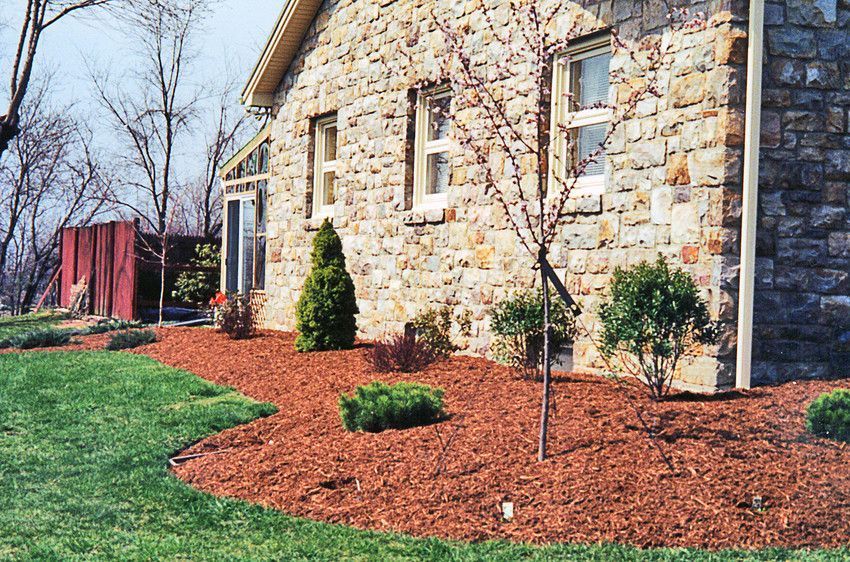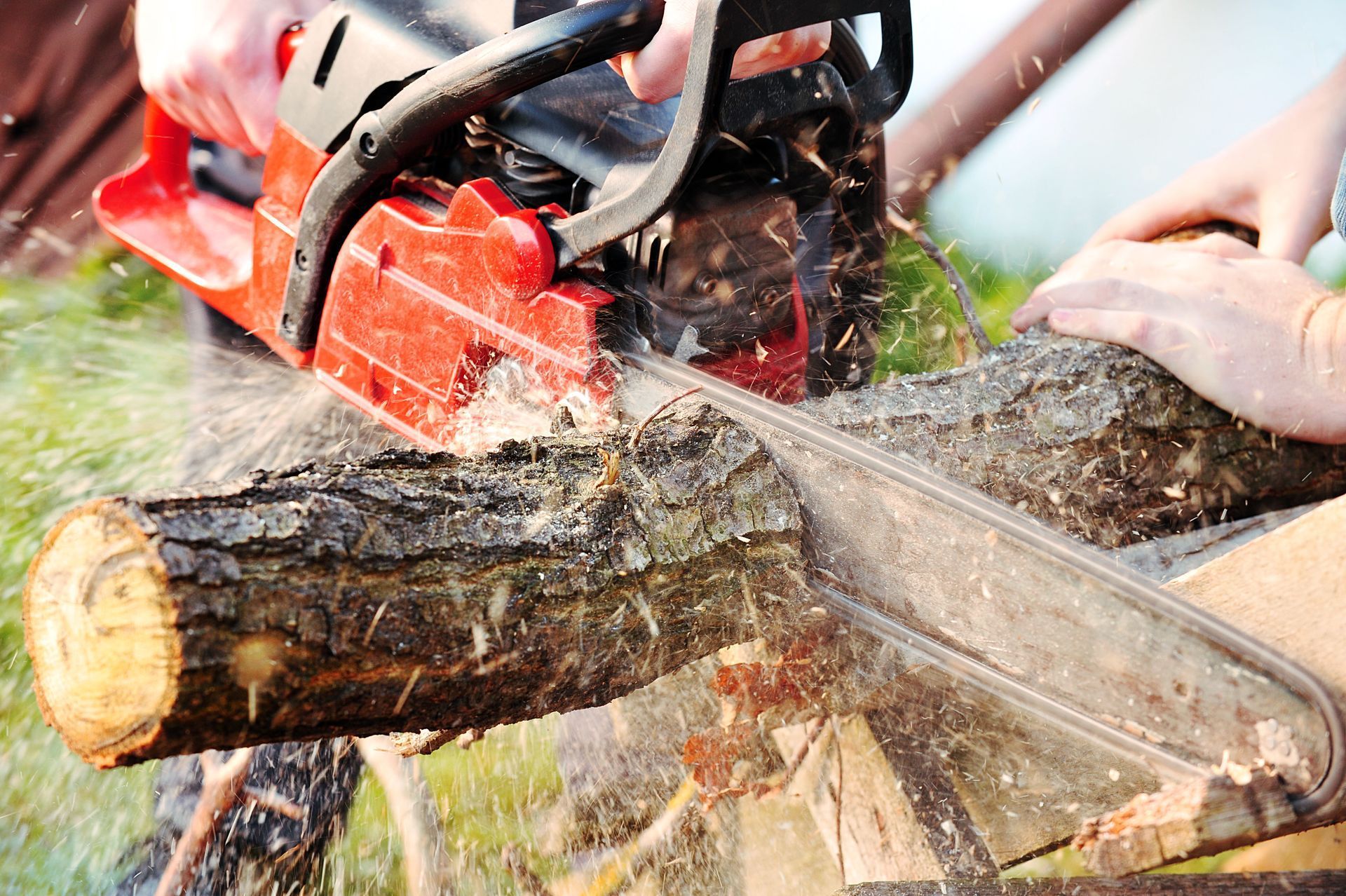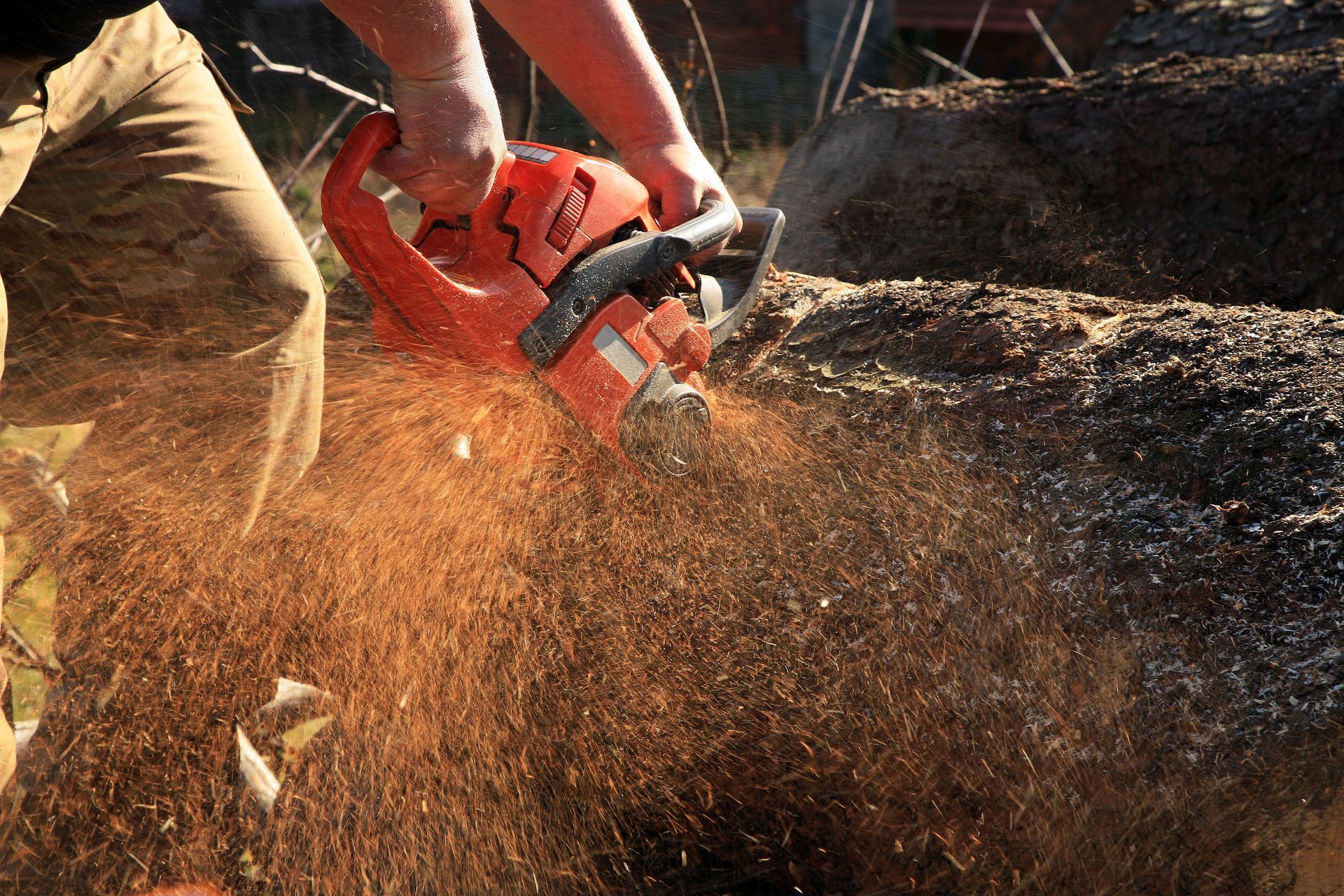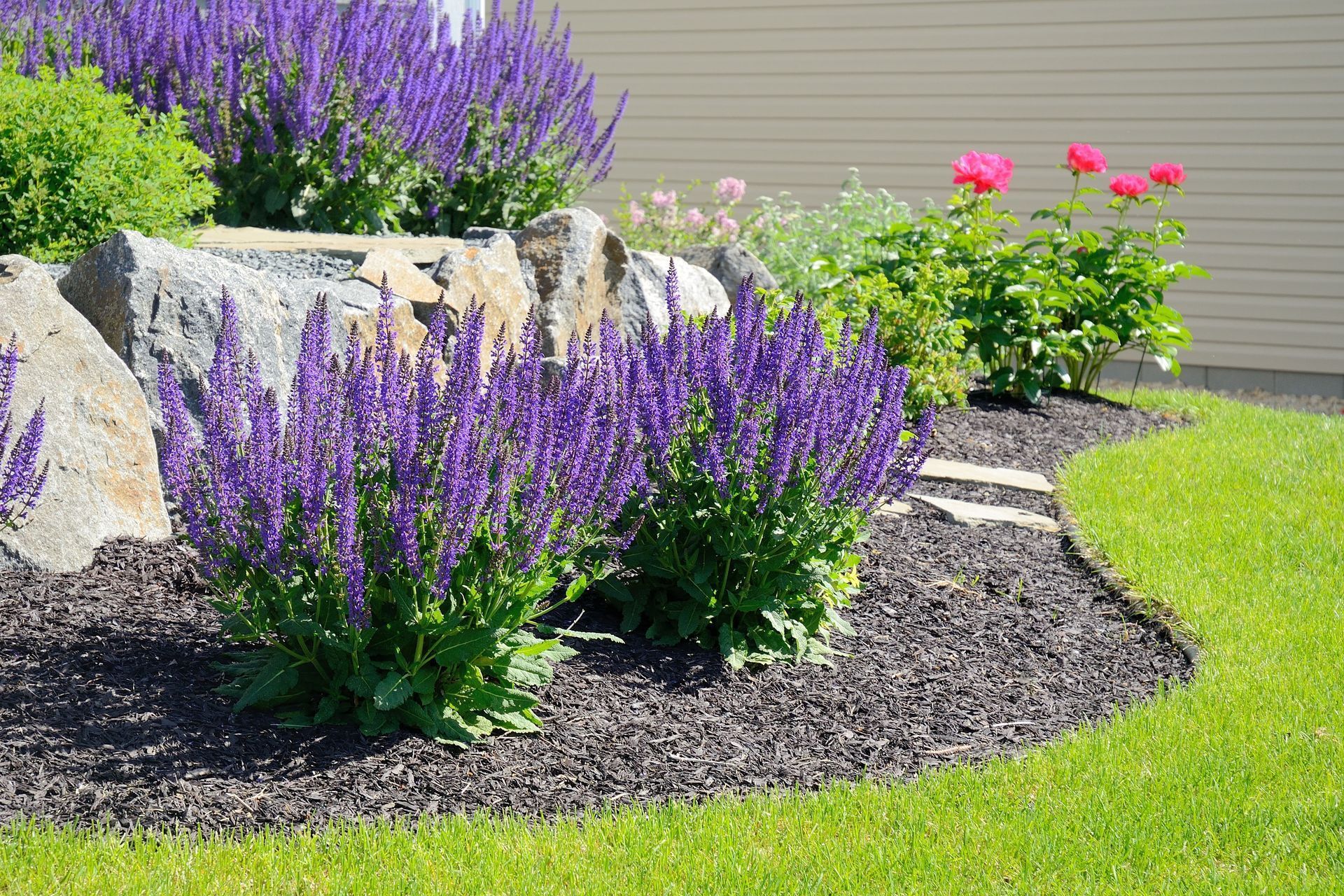December 28, 2023
Mulch is a valuable landscaping tool. When visiting a mulch store for your landscaping needs, paying attention to various details is essential to ensure you make informed decisions and choose the right mulch for your project. Different types of mulch meet different needs, so pay attention to these five things when you visit the mulch store to ensure you get the best value.
1. Type
Not every mulch store will have a wide selection of mulch types. Shop at a store offering different mulch types because they all serve various purposes. Common types include wood, straw, bark, rubber, and organic mulch.
Mulch is essential in enhancing the health and aesthetics of gardens and landscapes, providing a protective layer over the soil. Organic mulches, such as bark mulch, straw, wood chips, and compost, decompose over time, enriching the soil with essential nutrients and improving its structure. These mulches also help retain moisture, suppress weeds, and regulate soil temperature.
Inorganic mulches, such as gravel, rubber mulch, and landscape fabric, offer longer-lasting solutions with minimal decomposition. They're effective in weed control and can enhance drainage in certain situations. Rubber mulch, made from recycled tires, is gaining popularity for its durability and eco-friendly attributes.
Consider the characteristics and benefits of each type to determine which one best suits your landscaping goals. Be sure to ask a salesperson for assistance, too!
2. Color
Don't just look at the variety of materials offered in a mulch store; be sure to also look for color variety. Mulch comes in various colors, allowing homeowners to customize their landscaping aesthetics. Dark-colored mulches absorb heat, making them suitable for cooler climates. On the other hand, lighter options reflect sunlight, benefiting plants in warmer regions.
Each mulch type has its own applications, and the color choice depends on factors like climate, plant varieties, and desired landscape aesthetics. The choice of mulch color is a personal preference and is often influenced by the desired visual impact and the functional needs of the landscape. Ultimately, selecting the right mulch color enhances the garden's overall beauty while contributing to the health and vitality of the plants it covers.
Black and brown are popular choices for their ability to create a polished and uniform look. They also absorb sunlight and aid in soil warming, which can be advantageous in cooler climates. Red mulch adds vibrancy to garden beds, strikingly contrasting green foliage. Alternatively, tan straw mulch can blend perfectly with the environment, highlighting the plants. Additionally, lighter-colored mulches, like natural wood tones or straw, have reflective properties, helping to relax the soil in warmer climates; it can also help to ensure the longevity of your landscape plants.
3. Texture and Size
When you're shopping at the mulch store, it's not only material and color differences you'll come across. You'll also see texture and size differences. The texture of mulch can be categorized as either fine or coarse. Fine-textured mulches, like shredded bark or compost, provide garden beds with a smooth and polished appearance. They're particularly suitable for ornamental landscapes and areas where a neat and refined look is desired. Fine mulches offer excellent weed suppression and moisture retention, contributing to healthier plants.
Fine-textured mulches, like shredded bark or compost, provide a smooth and polished appearance to garden beds. They're particularly suitable for ornamental landscapes and areas where a neat and refined look is desired. Fine mulches offer excellent weed suppression and moisture retention, contributing to healthier plants.
Coarse-textured mulches, such as wood chips or straw, have a more natural and rustic appearance. They're often chosen for more casual or naturalistic garden settings. Coarse mulch can effectively prevent soil erosion and provide better aeration to the soil. The larger particles allow water to penetrate more easily, reducing the risk of compaction.
Mulch size is another critical consideration. Smaller-sized mulch particles, like finely shredded bark, provide a more even and consistent coverage. This can create a uniform appearance in flower beds or around trees. Larger-sized mulch, such as chunky wood chips or nuggets, adds texture and can be strategically placed to create focal points or pathways within the landscape.
4. Storage
Storage in a mulch store is a critical aspect of maintaining the quality and effectiveness of the product until it reaches the end user. Proper storage practices ensure that mulch retains its desired characteristics, such as texture, color, and moisture content, providing optimal benefits for landscaping and gardening applications. Mulch should be stored in a dry and covered area to prevent moisture absorption.
When you visit the mulch store, look around to see how the mulch is stored. If it's stored out in the open where it's exposed to moisture, there is a risk that the mulch can become moldy. Excessive moisture can also lead to decay and a decrease in quality. Covered storage protects the product from rain, snow, and other environmental elements.
Mulch should be shielded from direct sunlight to prevent color fading, too. Exposure to prolonged sunlight can cause the mulch to lose its vibrant hues, affecting its visual appeal. UV-resistant covers or shade structures should be in place to safeguard the mulch from sunlight; this step ensures you're purchasing a quality product!
5. Longevity
When you visit a mulch store, you should ask one of the employees about how long the mulch will last. Organic mulch, including bark, wood chips, and straw, naturally decomposes. The decomposition rate varies, with finer-textured mulches breaking down faster than coarse ones. In fact, according to Landscape World, straw mulch decomposes quickly, lasting only three to six months.
Inorganic mulches, such as rubber or gravel, have a longer lifespan due to their resistance to decomposition. These materials can last for several years, providing a more durable and low-maintenance option. While they may not contribute organic matter to the soil, inorganic mulches excel in weed suppression and moisture retention.
Climate plays a significant role in longevity, too. In regions with harsh weather conditions, extreme temperatures, or heavy rainfall, the breakdown of organic mulches may occur more rapidly. In such cases, periodic inspections and top-ups become even more critical to maintain the desired mulch thickness.
Keep in mind that proper maintenance practices can extend the lifespan of mulch. Applying a fresh layer of mulch every so often helps maintain its effectiveness in preventing weed growth, conserving soil moisture, and regulating soil temperature. Occasionally fluffing and turning the mulch can delay matting and compaction, ensuring optimal aeration.
The right mulch store will have a wealth of knowledge to share. Seek guidance from the store staff regarding the recommended application depth for the specific mulch you choose. Proper mulch depth is essential for weed suppression, moisture retention, and insulation. Inquire about the source of the mulch and the store's sustainability practices, too. Purchasing mulch from responsibly managed sources supports environmentally friendly practices.
Choosing the right mulch store is essential to learning everything you need to know about mulch and making an informed decision about your landscaping needs. Reputable mulch stores prioritize the quality of their products. Visiting a store known for high-quality mulch ensures that you receive a product free from contaminants, weeds, and debris. Turn to our experienced team at Red Bark Inc today to find the best mulch for your landscaping needs.




